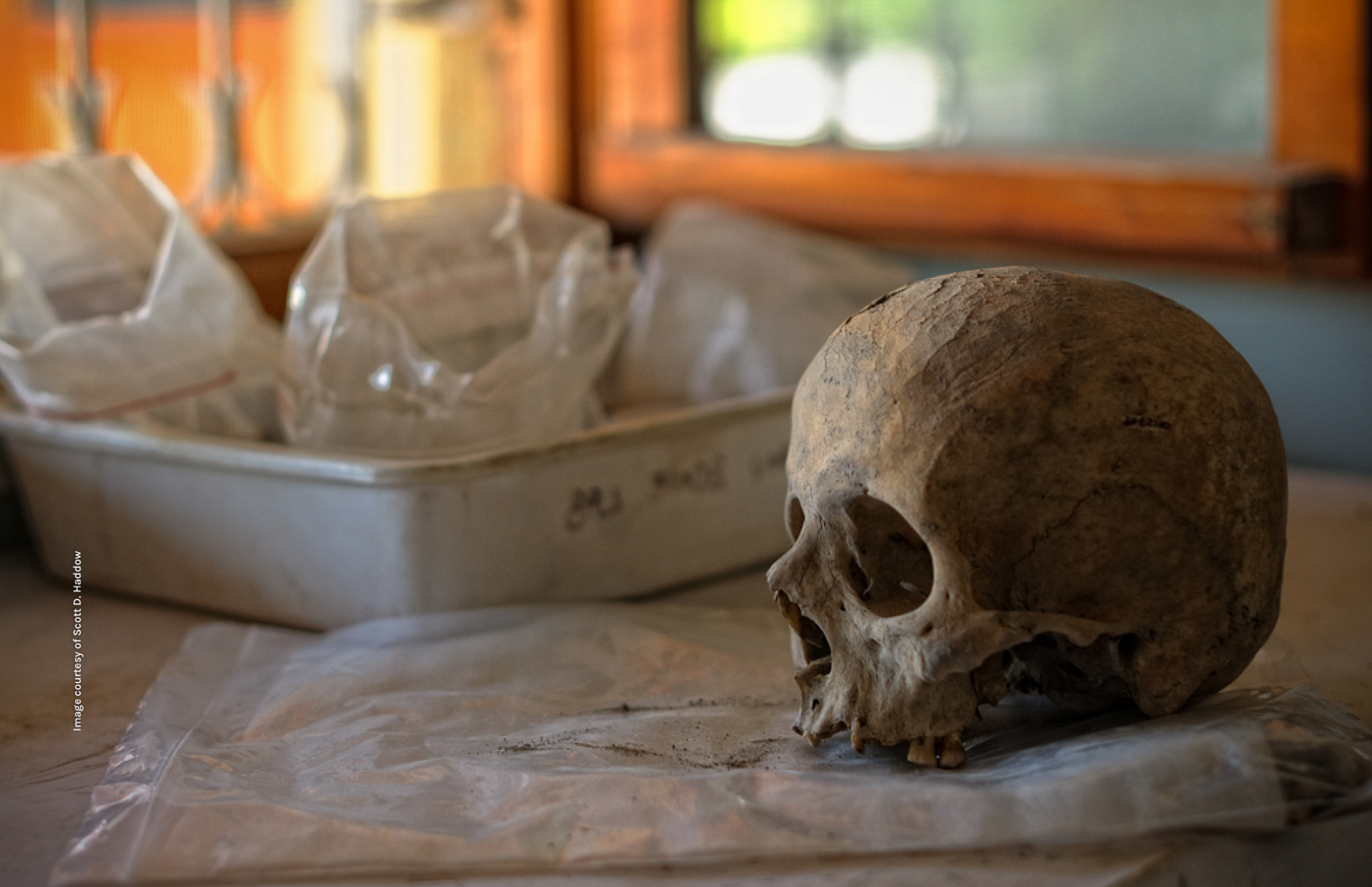NEOMATRIX is a four-year-long international scientific collaboration project funded by the European Commission’s H2020 grant programme in the framework of the European Twinning instrument. Twinning aims to foster long-term relatlionships between administrations of existing and future EU countries, and to obtain concrete mandatory operational results through peer-to-peer activities. NEOMATRIX will achieve this through the training of young scientists in the scope of a scientific project that brings together the individual expertise of the four partner laboratories involved.
Shedding new light on the Neolithic expansion
The project investigates the Neolithic expansion across the Mediterranean, a complex landmark event in prehistory that so far has been resolved only in broad strokes. While archaeology and history have already provided explanations about the processes involved, many questions pertaining to specific demographic and cultural change remain open. Some of these questions can be answered most directly through archaeogenomics, or in other words, the analysis of ancient DNA (aDNA) data, and biogeochemistry data. With an interdisciplinary approach, NEOMATRIX aims to shed new light on the Neolithic expansion by studying demographic change in detail and linking these with changes in material culture, to investigate for instance how the rate of cultural change may be related to expansion dynamics, and how the role of sexes might have changed as agricultural societies evolved, to name just two examples. This approach will benefit from both the expertise developed and the data already produced by the partner laboratories, whose collective reanalysis will not only increase the skills of the young scientists involved but also the level of interpretation of the results.
Click here for more on the scientific question and research methodology
Building an exemplary democratic network across local labs
Most high-impact archaeogenomic research today is conducted by international networks, and research activities cover wide geographical areas transcending national borders. These are mostly driven by a few extremely well-funded labs, which have been monopolizing the field of ancient DNA research of human populations by collecting material across the globe, including unique specimens from Anatolia and elsewhere. Conversely, NEOMATRIX is based on promoting the idea of democratic networks across local labs, including labs from different countries addressing similar questions. The implementation of such networks would arguably be similarly efficient for achieving research excellence but more sustainable, because diversification guarantees a multiplication of expertise and creativity.
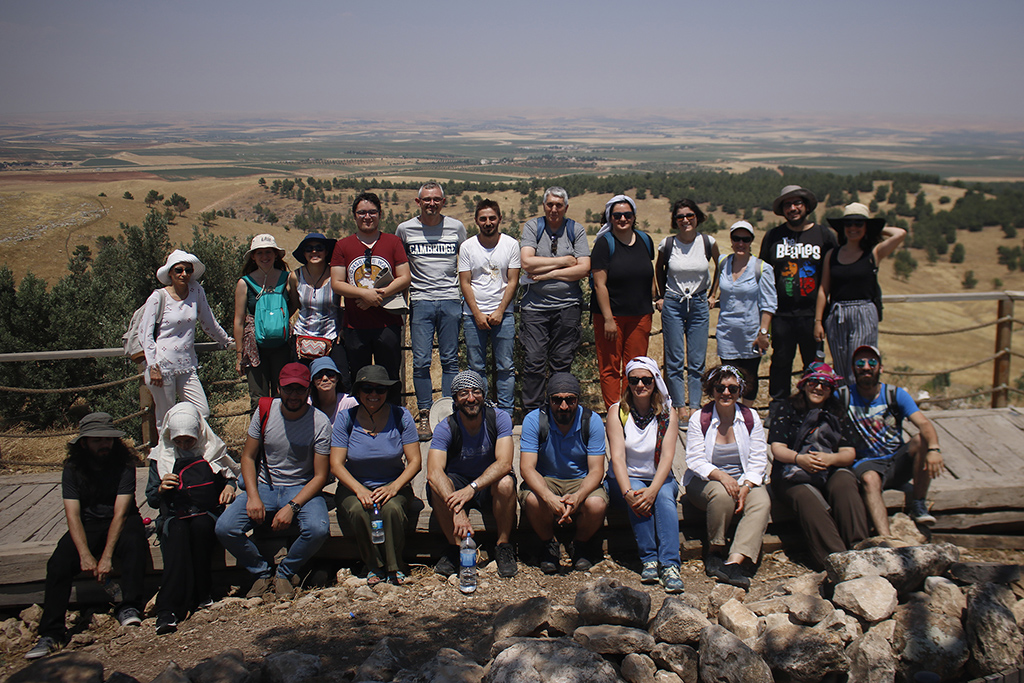
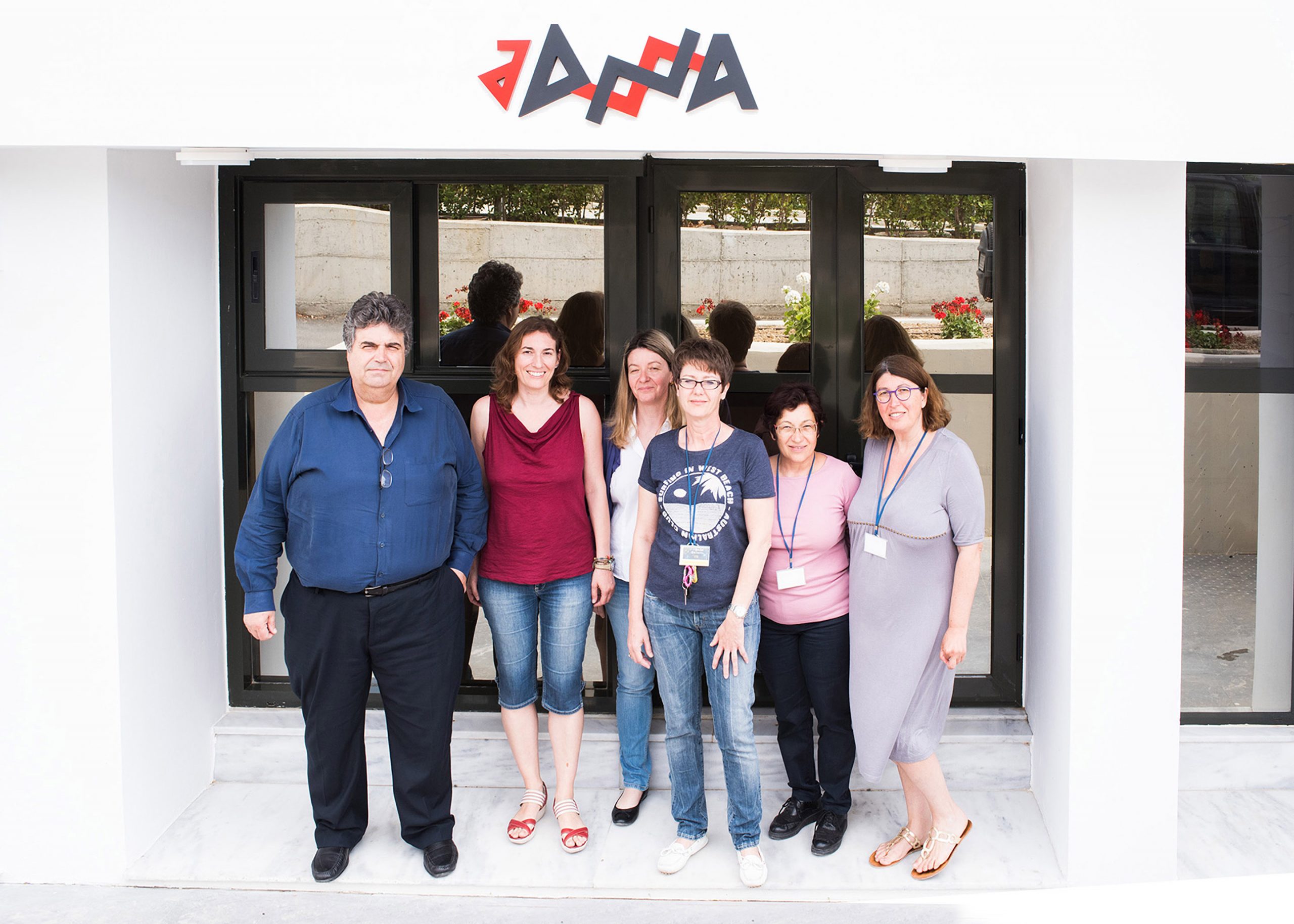
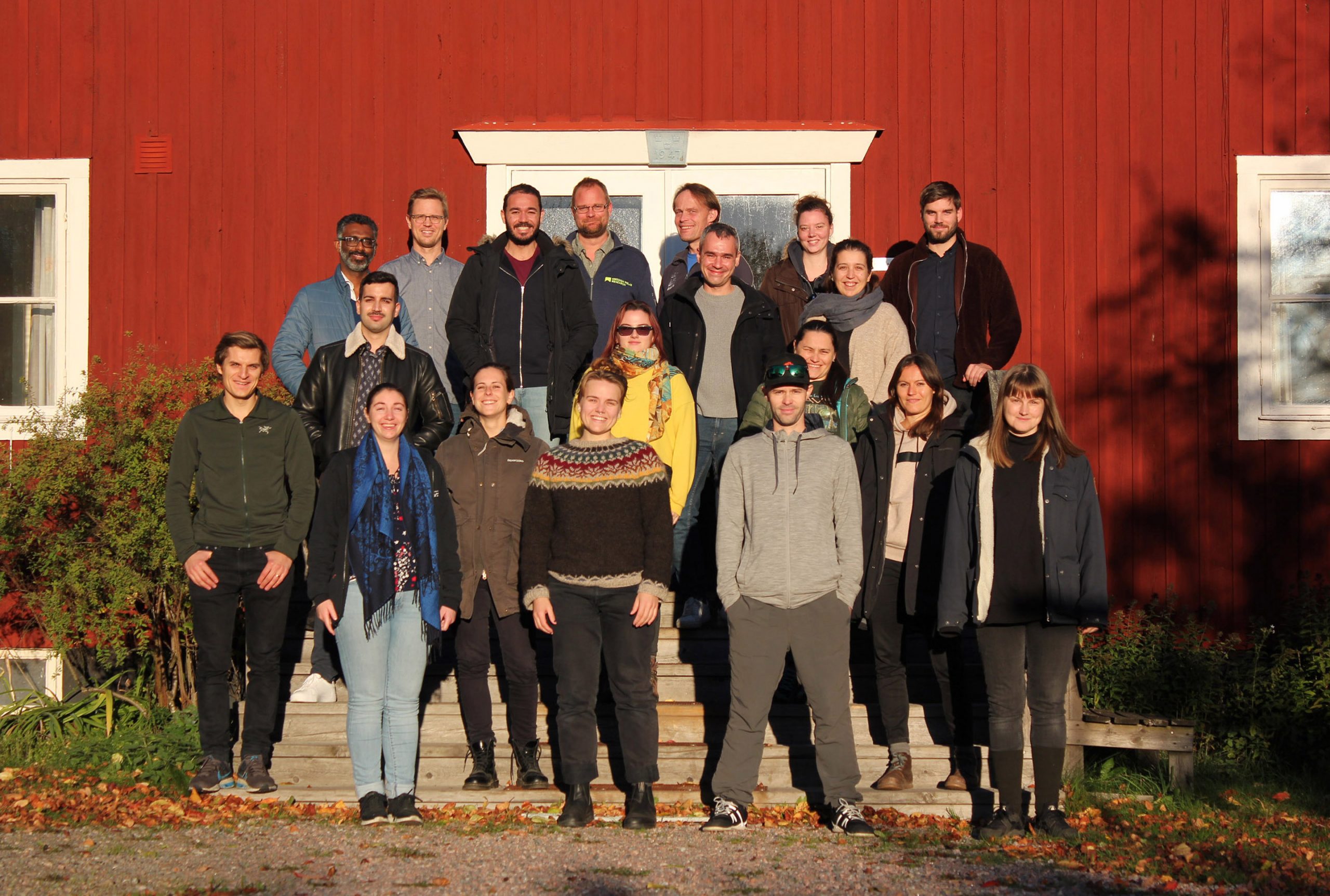
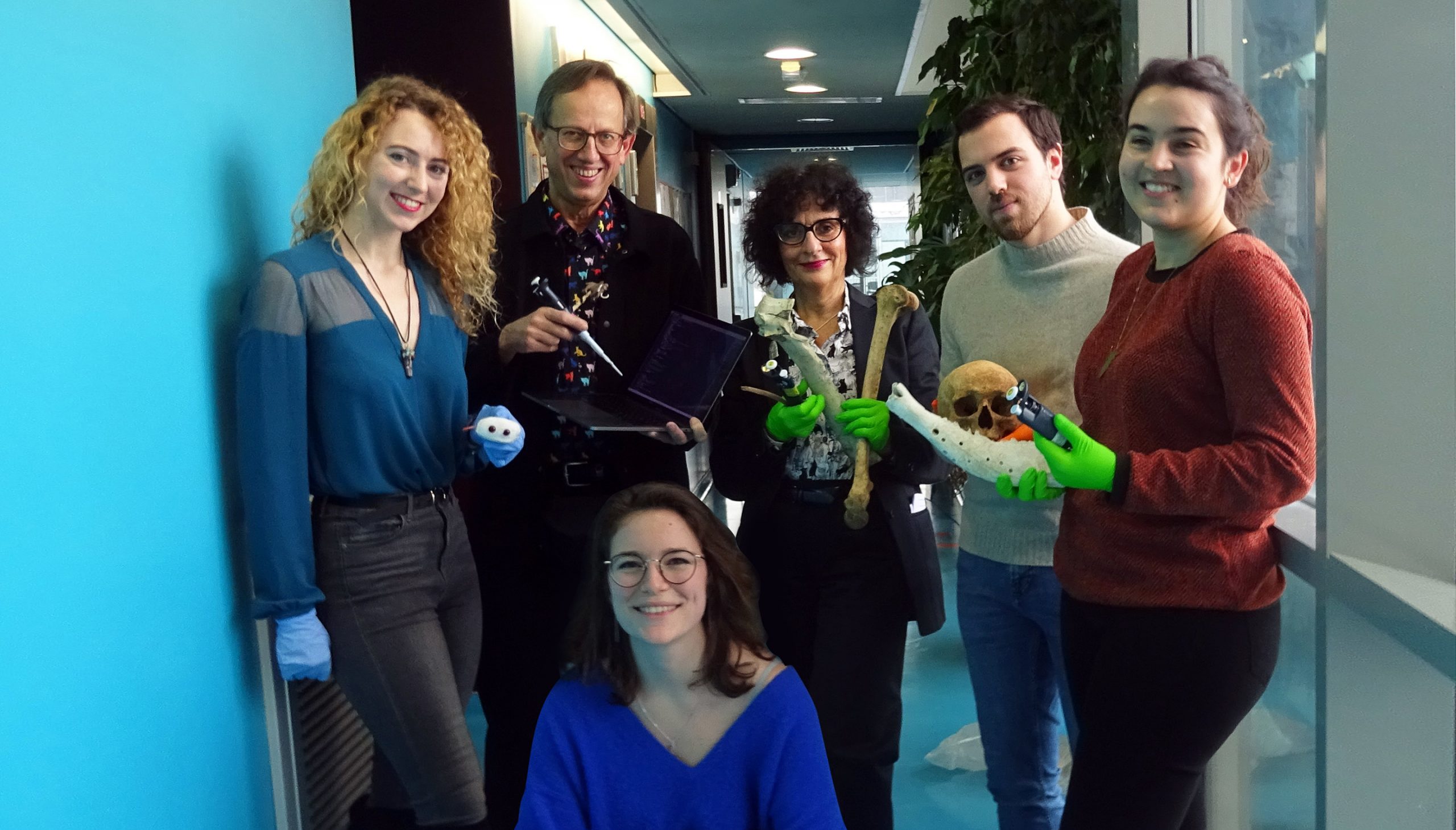
NEOMATRIX brings together partners from four countries: Turkey, Greece, Sweden, and France. The main beneficiary of the project is:
- Turkey’s first aDNA lab at Middle East Technical University (METU) together with its sister aDNA lab at Hacettepe University (HU). Both are located in Ankara, at the core of Anatolia, which is a strategically important region in terms of the project’s scientific questions.
Through NEOMATRIX, the Ankara team has joined renowned partners with diverse strengths that can complement the former in various respects. These are:
- The Foundation for Research and Technology – Hellas (FORTH), the first ancient DNA centre in Greece that has included young talents in the fields of paleogenomics, population genetics, and multiple isotope ratio analyses;
- Stockholm University’s (SU) Department of Archaeology and Classical Studies and Center for Palaeogenetics, one of world’s most active ancient genome analysis centres, who leads archaeogenomic research in European Neolithization since the early 2010s; and
- the Paleogenomics Lab at the Institut Jacques Monod, Université de Paris, French National Centre for Scientific Research (CNRS), a long-established evolutionary genomics lab with strong expertise in both animal and human ancient DNA research, in particular in the analysis of poorly preserved samples from areas with high temperatures.
The above-mentioned questions on the Neolithization of the Mediterranean will be addressed and emphasized through training and sharing of know-how among early-stage researchers (ESRs) and scientific management teams, through cross-lab visits, joint activities, and courses. This is particularly important for the younger teams in the group, Ankara and Heraklion, as aDNA research is still in its infancy rather than a well-established field in Turkey and Greece. Moreover, in parts of these geographical areas, aDNA is poorly preserved in archaeological bone due to the hot climate. This climatic challenge therefore requires the creative development of methods to obtain as many results as possible. The joining of experience and knowledge of various teams, thanks to the NEOMATRIX project, will greatly enhance the development of ancient DNA in Turkey and Greece, enabling these research centres to reach their full potential.
The project will thus help build an exemplary democratic network of ancient DNA research groups, and it will promote European research by producing innovative and interdisciplinary research.
